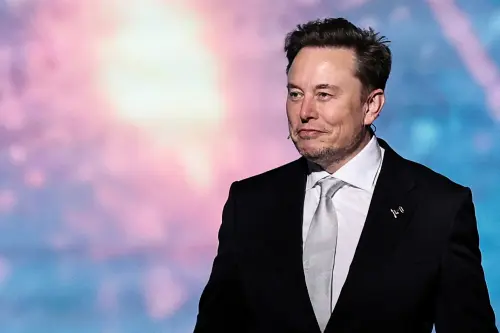Introduction
Elon Musk's Starlink has been granted a licence to commence commercial operations in India, marking a significant milestone for the satellite provider eager to penetrate the South Asian market.Context
Starlink joins Eutelsat's OneWeb and Reliance Jio as the third entity to obtain approval from India's Department of Telecommunications. This development comes amidst ongoing discussions between Prime Minister Narendra Modi and U.S. officials regarding security conditions tied to the launch plans of Starlink.Developments
While this approval is a substantial step forward, Starlink must still navigate additional requirements before offering services. It is in the process of obtaining a separate licence from India's space regulator, which is reportedly close to completion. Additionally, Starlink must acquire spectrum from the government, establish ground infrastructure, and demonstrate compliance with security regulations through a series of tests.These steps are anticipated to take several months, as obtaining the necessary approvals from Indian security officials is crucial before Starlink can begin marketing its equipment and services to consumers.
In March, Indian telecom giants Jio and Bharti Airtel announced a collaboration with Musk to stock Starlink equipment in their retail outlets; however, they will be competing in the broadband market. Tensions have arisen between Musk and Mukesh Ambani's Jio regarding spectrum allocation for satellite services, with the Indian government currently favoring Musk's stance.
Furthermore, India's telecom regulator has proposed that satellite service providers contribute 4% of their annual revenue to the government for service provision, a move that domestic operators argue could negatively impact their businesses.
Deloitte forecasts that India's satellite broadband service market will reach a value of $1.9 billion by 2030, highlighting the lucrative opportunities for players like Starlink and Amazon's Kuiper, which is also awaiting licensure.
